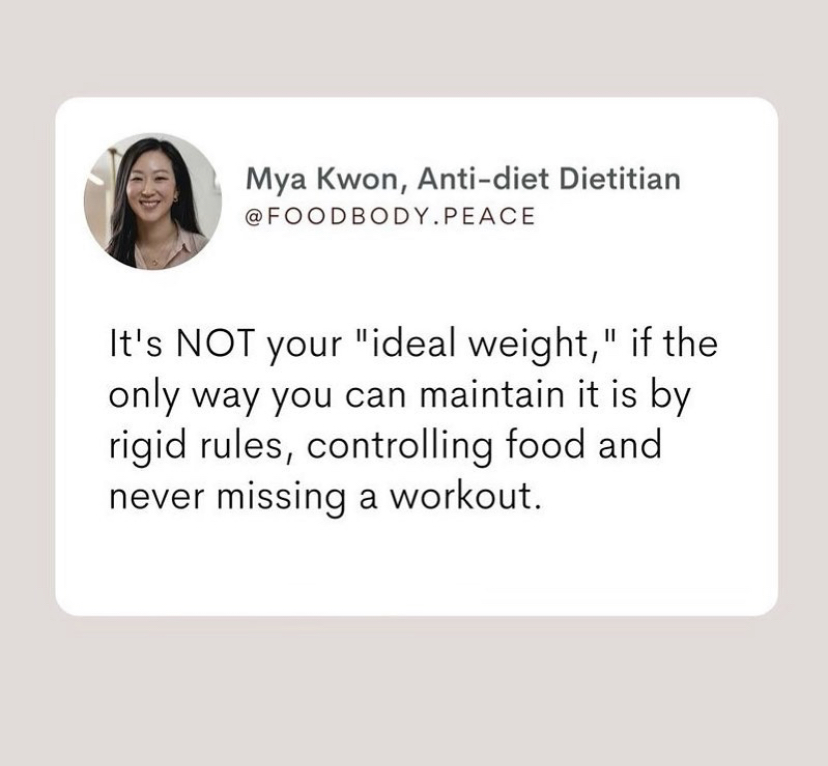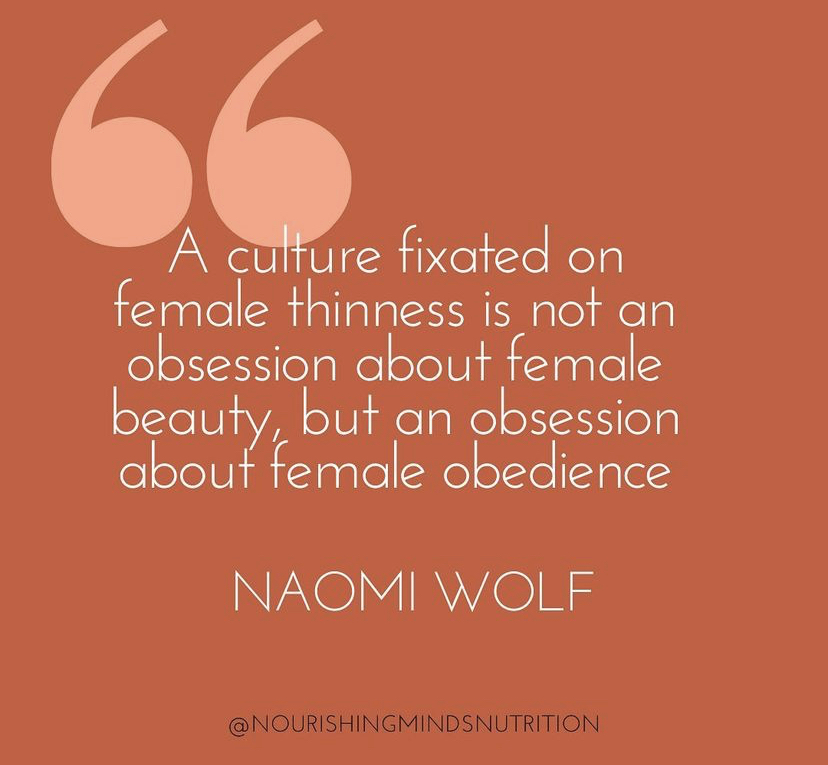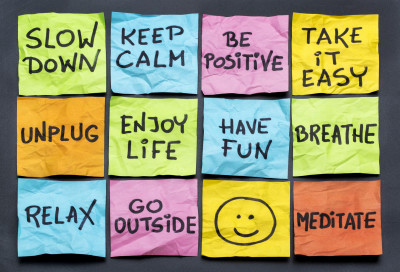
I was talking to my therapist recently about the anxiety that has flared up. I was doing really well with my anxiety. But I think a combination of things have made it move to the forefront of my brain. A big one was the bleeding and issues I had earlier in pregnancy. I just felt this feeling of dread, that something was going to go wrong. And then it would kind of spread into other areas: like I’d start having anxiety about Logan being in school and exposed to covid. I had post-partum anxiety with Logan VERY BAD and I thought this time would be better because I was prepared and working on it and had my anxiety under “control” (so to speak) and then of course, my brain started to spiral that this time would be just as bad as last time. That I’d never sleep because I was always checking the baby to make sure it was ok.
My therapist asked what triggered these thoughts. Part of it was the insanely inhumane anti-abortion law in Texas. I was, unfortunately, reading too many stories of women who had horrible things go wrong in their pregnancy and then were denied an abortion because of the “law”. I didn’t seek these stories out. I wasn’t looking for horror stories. But they found me (and I am doing better now by not reading them). But I think that started my brain ruminating on worst case scenarios.
She said, validate my anxious thoughts. Recognize them.
Ask myself, “Am I distorting these thoughts?”
“How am I responding to these thoughts?”
“Am I changing my behavior because of these thoughts?” (which is a very common thing for people with OCD)
She asked me how I deal with these thoughts and that lead to a discussion about coping skills.
Coping Skills
When I was obese, my coping skills were food. Sad, angry, depressed, eat the feelings. I can definitely say that in my journey to lose the weight and keep it off, I overcame that. That’s not really my coping skill anymore. But what is?
For the almost 11 years or so that I kept the weight off, my coping skill was CONTROL. Regimented food routines and eating habits. Exercising. I used exercise (and I still do) as a coping mechanism for stress and anxiety. And, in a lot of ways, that is the HEALTHIER way to cope. Exercise is GREAT for managing stress, clearing the head, etc.
But there is a fine line between a good coping skill and an eating disorder.
When things cross over into the disordered territory, it’s sometimes hard to see it. Mostly because our society is ALL about congratulating weight loss, maintaining a certain body shape, having complete control over food.

So, you HAVE YOUR SHIT TOGETHER if you are thin, disciplined with food and exercise all the time! I can’t tell you how many people I follow on social media who proudly announce they work out multiple times a day…
A healthy lifestyle turns into not so healthy when:
*You become obsessed with tracking. That was me for 12 years. Tracked every single day, logged all my food, even snacks and bites, if I reached my calorie limit of the day that was it. If I *did* go over my calories for the day I’d feel defeated and beat myself up over it…or:
*Over-exercise. There were too many times in my life where I should have skipped a workout and just let my body REST or HEAL but it was NOT part of my routine/workout schedule so I did it anyways. When I had surgery 13 years ago to remove a lump from my breast, I was SO concerned about when I could return to working out. I remember I started running again WAY too soon. Like my chest hurt and I had to run with one arm kinda holding my chest so it didn’t move too much as I ran–Like are you kidding me??? Clearly I needed to take another week OR TWO off from exercising. Or given myself permission to just walk. Walking is OK.
*Never deviating from schedule/routine/safe foods. This goes hand in hand with the two red flags above. Cutting out entire food groups is the quickest way to become obsessed and have disordered thoughts. Doing Keto was one of the worst things I did in my journey. It was SO restrictive, so unhealthy, so obsessives. You HAD to track every morsel and monitor your calculations of fat and carb intake. It became the entire thing your brain thought about 24/7.
And are those three things good ways to cope with anxiety? No. Not at all. I don’t have an answer yet, but I am working on it. And at least I know now what NOT to do.
I stopped counting my calories and monitoring carb intake, etc, earlier this year. I was trying to work on healing my relationship with food and exercise and I needed to just stop. (Please read this post I wrote.) Now that I am pregnant and having to listen to my body more, I am taking it easy. I don’t exercise because I have to, or because it’s on the schedule for the day. If I don’t feel like it, I skip it. Sometimes my workouts are just long walks with the dog. (Like today. a normal workout day for me but I woke up with terrible ligament pain and it is uncomfortable to walk so I am skipping my workout today.)
This is all a work in progress. But I’m trying.
What are your coping skills?

bethh
WOW that quote from Mya Kwon is so powerful. I hope I see variations on that theme a lot more!
It sounds like you have a therapist who clicks with you, so that’s so positive. I hope that you keep having good conversations together.
I’m trying to think what coping techniques I use – food, talking or writing it out, mulling over an idea and bringing it up a lot; I think very last on my list is getting exercise, though my head knows that’s a good choice.
Lisa Eirene
That quote really spoke to me too!
I used to do a lot of journaling and I find it hard these days. I’m glad it works for you!